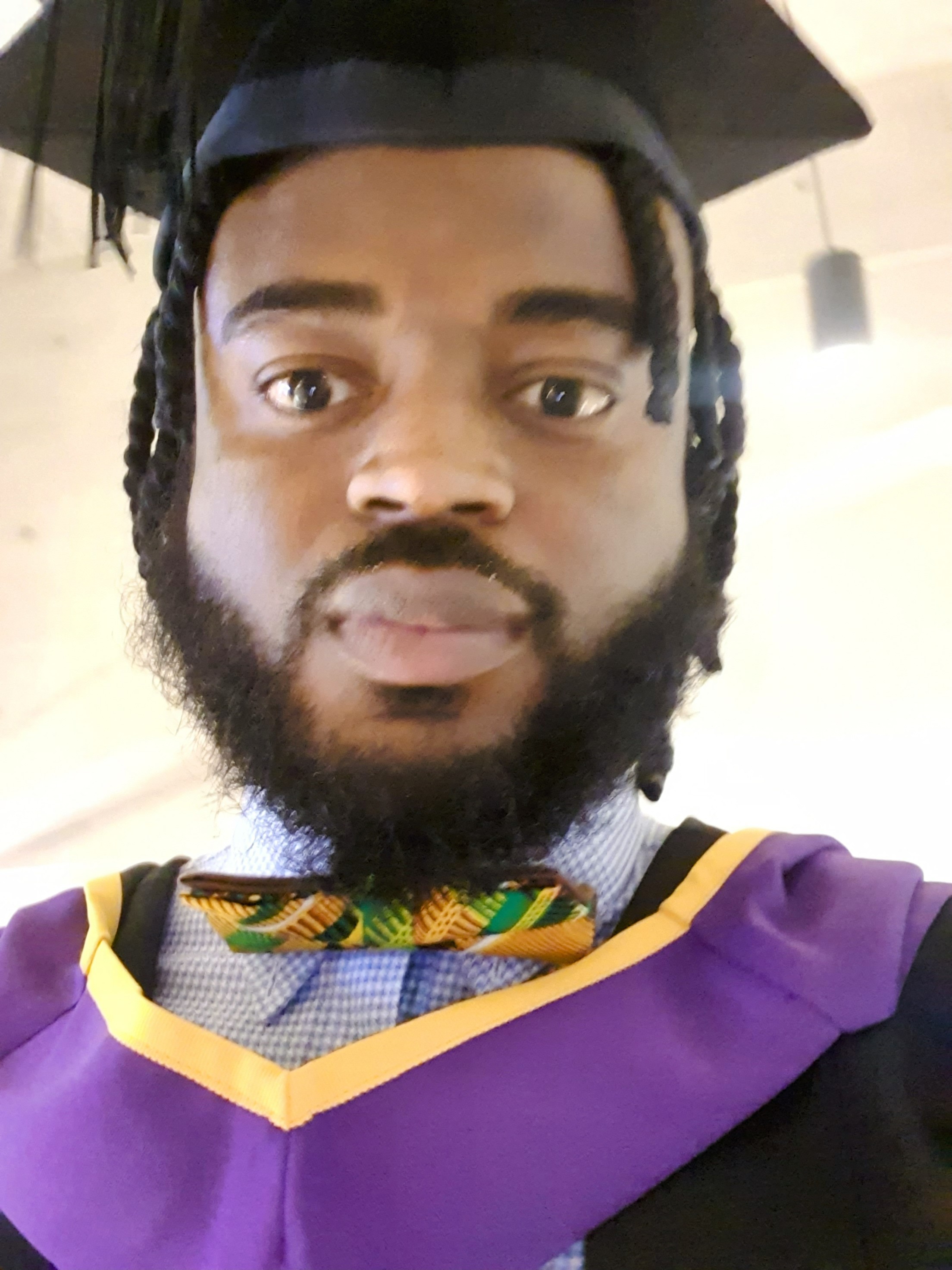Samuel is the Head of the Regulatory Horizons Council Team at the Department for Science, Innovation and Technology (UK Government)
.
 Samuel Omolade, EMPP
Samuel Omolade, EMPP
From neurotechnology devices that can enable paralysed individuals to walk to drones that can deliver medical supplies in rural areas, new and emerging technologies have the power to benefit millions of people positively. But there are associated risks, so it is critical to enable a regulatory environment that encourages responsible innovation.
My team in the Department for Science Innovation and Technology supports the Regulatory Horizons Council, an independent expert committee that provides Government with advice on how best we do this.
Undoubtedly, the most fulfilling formal learning and development I've undertaken during my time in the Civil Service has been the EMPP. My three favourite things about it were the people, the modules and the flexibility shown by LSE.
I loved the fact that the majority of the modules were with EMPA colleagues who had extensive professional backgrounds from all over the world, from Senegal to the US and Lebanon. The diversity in the room mitigated the risk of groupthink, led to constructive challenges and debates, and also allowed the group collectively to stress test what we were being taught and its applicability in different real world settings.
Secondly, the modules. Now, there will be some that are more challenging than others and people will have their preferences. But even the ones I didn't gravitate to, I perversely enjoyed as it made me more determined to nail it.
My favourite modules were 'Capstone', where a small group of Civil Servants over a short period tackled a policy issue within social care and presented our findings back to senior leaders in the Department. I enjoyed it because of the camaraderie within the group and because our research was not solely secondary but included interviewing charitable groups who were on the frontline. And finally some of our ideas were taken on board and implemented. The second was Public Policy in Practice III. One of my vivid memories was sitting in Conor Gearty's lecture where he was discussing the knotty issue of human rights law in such an engaging way. With his barrister background, it felt at times like I was in a courtroom, and at one point had to simply stop scribbling notes to just properly listen and enjoy!
The third was flexibility. The course is nearly two years long and a lot can happen then. A significant part of the course was, unfortunately, during Covid and lockdown and at points, I was mobilised to work on other urgent business. I also had a baby during that period! Fortunately, the course convenors were always happy to be flexible.
I learnt a lot during the period applying aspects of my course especially regulatory analysis directly to my work. If you are selected to undertake the EMPP, I would encourage you to cascade aspects of your learning (where appropriate) to your team, directorate and wider Department. I felt this obligation during and after my studies recognising the investment the Civil Service had made and facilitated workshop discussions and presentations to my team.